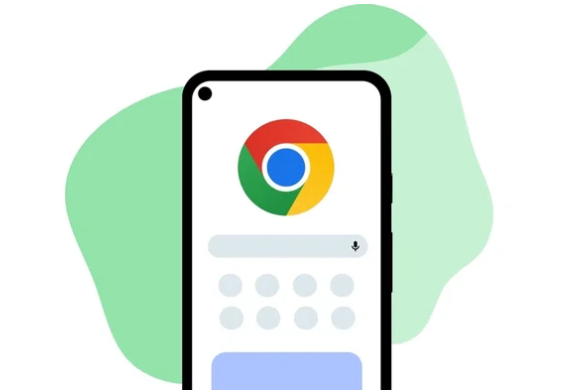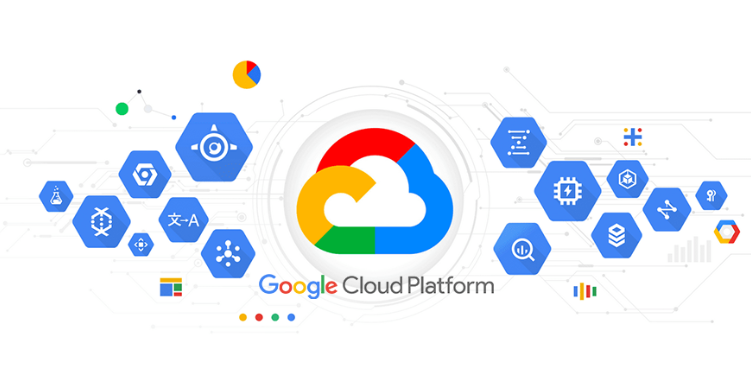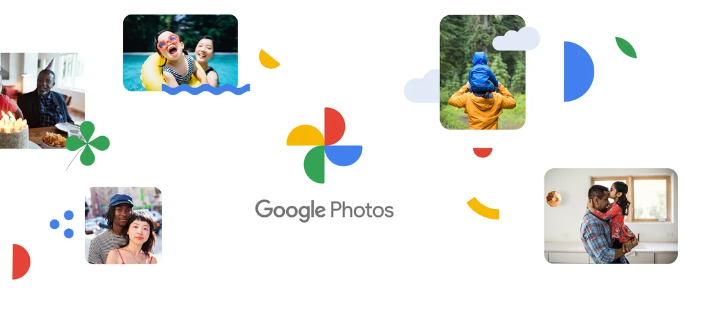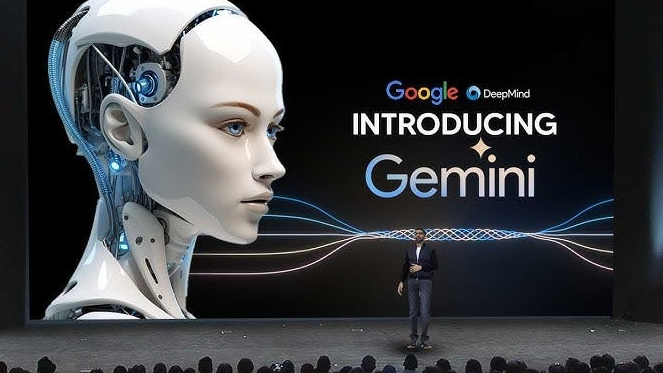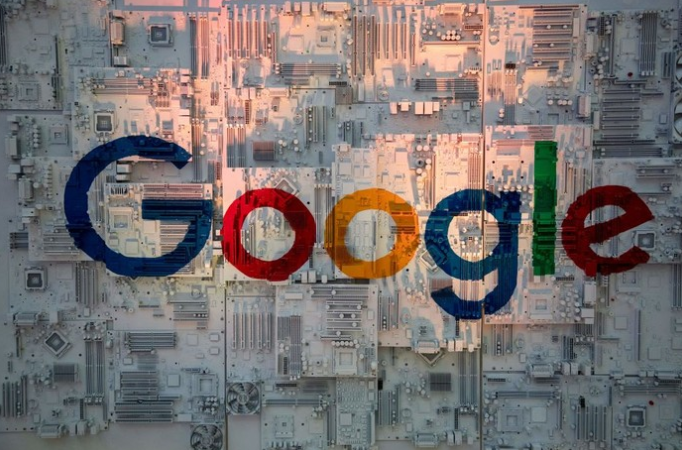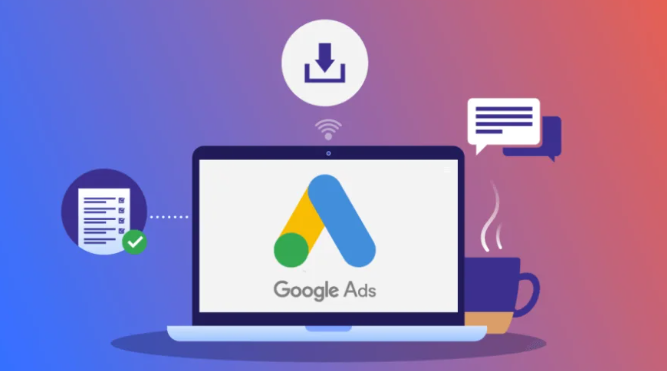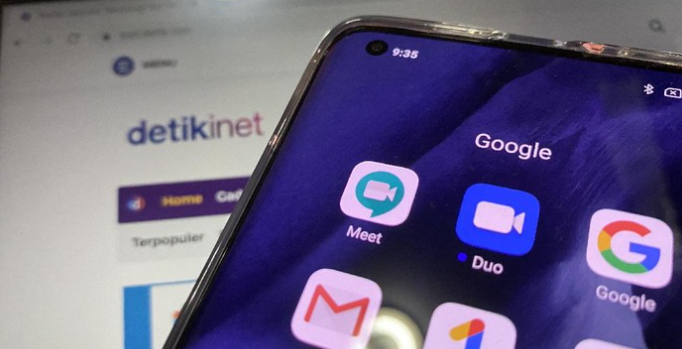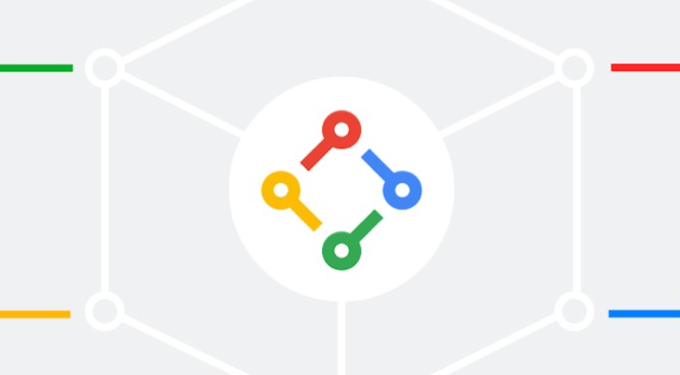10 Most Visited Sites in the World, Google to WA
Morrissey Technology – The number of sites around the world, to date, has reached 1 billion. The following are the sites most visited by internet users. The Netcraft Web Server Survey, in May 2024, revealed 1,097,398,145 sites in the world. However, only 18 percent of these sites are active, and the other 82 percent are inactive. However, what sites are most frequently visited out of the billions of sites circulating in cyberspace?
A number of popular websites such as Google and Wikipedia are the most visited sites in the world. Apart from that, there are also several social media names such as Instagram and X (formerly Twitter). The list of the 10 most popular websites in the world for the July 1, 2024 edition has not changed much. The names on the list are still dominated by popular names, including those well-known in the region such as Baidu and Yandex. Quoted from Similarweb, here are the 10 most visited sites in the world, July 1 2024 edition :
1. Google.com
Google.com is the most popular search engine in the world, so it is not surprising that it is in first place. Moreover, Google’s dominance is not only in search engines, but also in its penetration through the operating system on Android phones.
On Android phones, users’ internet searches are quite easy with the Google Search widget. This way, users don’t need to bother opening a browser to search. This site was visited by a total of 82m1 military with an average visit of 10 minutes 30 seconds. Compared to the previous month, the number of visits to this site decreased by around 4.8 percent.
2. YouTube.com
Google’s video streaming platform is in second place in the most popular sites. As a site, this streaming platform still dominates amidst the onslaught of video-based social media such as Instagram and TikTok. YouTube was visited a total of 31.5 billion times with an average visit duration of 20 minutes 5 seconds. YouTube’s position in second place has not changed over the last 3 months. Currently, YouTube not only provides long videos in landscape format, but also short videos in portrait format. This new format is here to answer the short video trend that is currently growing.
3. Facebook.com
Social media from technology giant Meta is in third place with a total of 15.3 billion visits. The average duration of a visit to this site is 10 minutes 29 seconds. Facebook’s dominance doesn’t seem as big as before, but this platform still has its own market. In the midst of the video platform trend, Facebook can still maintain its users and position in the top three most visited sites.
4. Instagram.com
The fourth position is still occupied by Meta’s subsidiary, namely Instagram. Social media which initially featured this photo was visited 7 billion times with an average duration of 8 visits of 8 minutes 18 seconds. Instagram has now encouraged users to focus more on video content, and they have even updated their algorithm so that creators with a small following can reach a large audience.
5. X.com
This social media, previously known as Twitter, is in the fifth most visited site. X received a total of 5.7 billion visits with an average duration of 7 minutes 36 seconds. This social media owned by tycoon Elon Musk slumped in April and fell to 681st place, but managed to rise to 7th place in May. In June, this platform experienced a jump in visits of 113.7 percent, bringing it to fifth place. In May, X launched a feature that sparked controversy, namely allowing users to upload pornographic content.
6. Baidu.com
Baidu may not be well known globally, but this search engine platform is the answer to the search needs of Chinese citizens. As a result, Baidu was ranked sixth with a total of 4.4 billion visits with an average duration of 4 minutes 33 seconds. In terms of features, Baidu has more or less the same features and services as Google.
7. Wikipedia.com
Wikipedia, which is ranked seventh, is a space for exploring knowledge. This site provides various kinds of information, from history to biographies of various figures. Visitors to this site on average visit it for 3 minutes 52 seconds and view 3.19 pages.
8. Yahoo.com
Yahoo has various services, from search engines, news aggregator platforms to email, which makes it still in the top 10 positions. The average user visited the site for 8 minutes 24 seconds and viewed an average of 5.45 pages.
9. Yandex.ru
Like Baidu, Yandex may not be well known globally. However, this site established its dominance in their homeland, Russia. The Russian search engine site is in ninth position with an average visit of 8 minutes 41 seconds, with the average customer visiting 8.82 pages per visit.
10. WhatsApp.com
WhatsApp (WAw) is the only instant messaging platform that is in the top 10 most popular sites. Meta’s platform has more than 2.7 billion users worldwide. WhatsApp itself is currently used for various activities, ranging from personal to work or professional needs. Visitors to this site average a visit of 19 minutes and 26 seconds.
https://jlpt.mosai.org.in/common/uploads/-/for4d/




